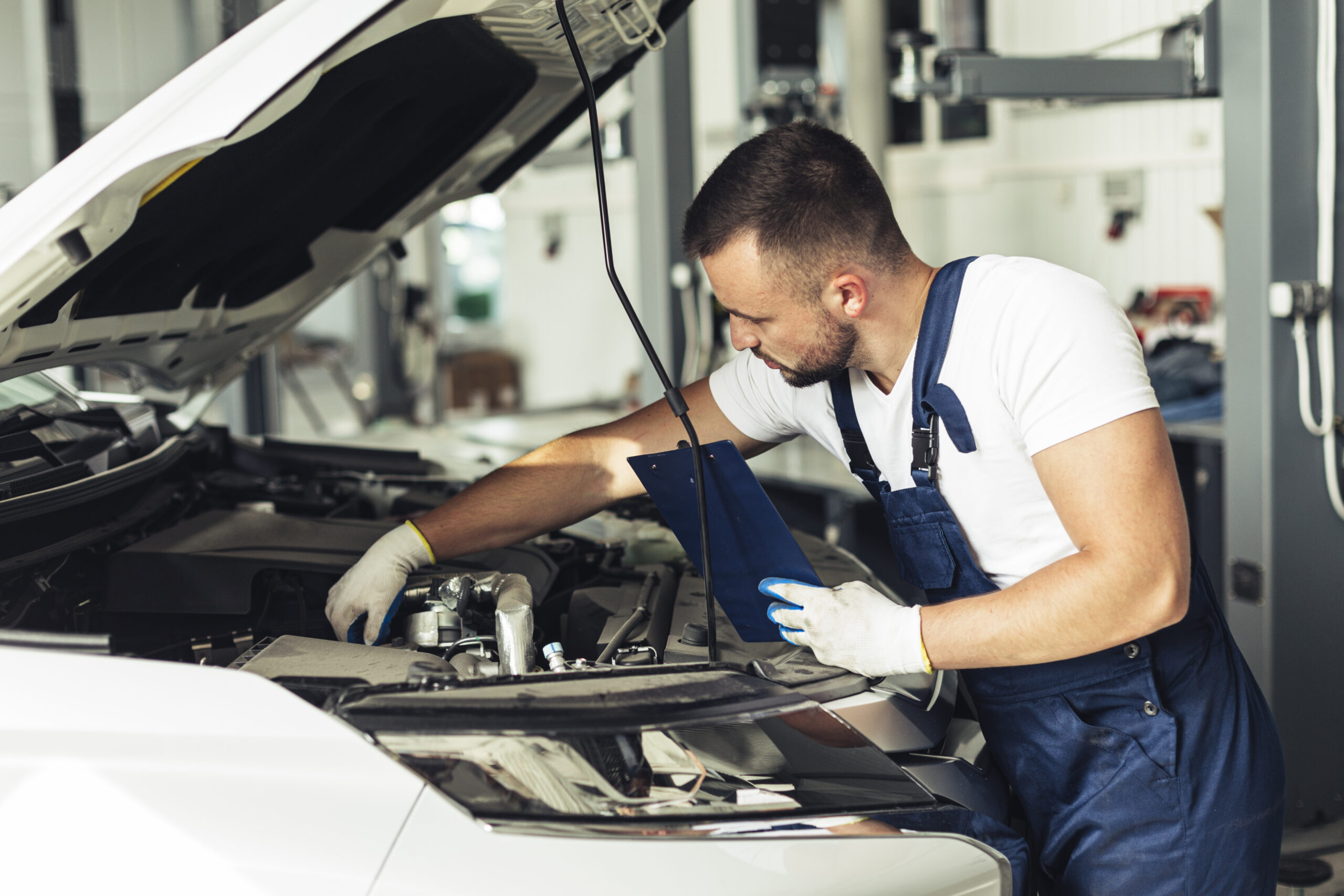All Categories
Featured

[/image]
A well-kept engine is the key to your cars and truck's longevity and height efficiency. Routine engine tune-ups not only boost fuel performance but likewise reduce the probability of unanticipated malfunctions. Whether you're a cars and truck enthusiast or someone that merely wishes to prevent expensive fixings, these engine tune-up suggestions will keep your vehicle running like a desire.

- Replace the Flicker Plugs. The ignition system stir up the air-fuel blend in your engine, and their performance straight impacts engine efficiency. Gradually, spark plugs can break, causing misfires, minimized fuel economic situation, and slow-moving acceleration.
Throughout a tune-up, examine and replace ignition system if they show indicators of wear, such as residue build-up, rust, or splits. Relying on your automobile, ignition system may need to be replaced every 30,000 to 100,000 miles.
- Examine the Ignition System. Your vehicle's ignition system, that includes the ignition coils, distributor, and wires (if suitable), is liable for delivering the stimulate that powers your engine. Defective ignition elements can trigger beginning issues and harsh engine procedure.
Look for harmed or used components and change them during your tune-up. Making sure a healthy ignition system will boost engine dependability and efficiency.
- Tidy or Replace the Air Filter. A tidy air filter permits your engine to "breathe" appropriately by making sure a stable circulation of tidy air. In time, dirt and debris can block the filter, decreasing airflow and impacting fuel effectiveness.
Check the air filter throughout a tune-up and change it if it's dirty. For motorists in dusty or contaminated locations, air filters might need to be changed much more regularly.
- Inspect and Tidy the Gas System. The gas system, including the fuel injectors, fuel pump, and gas lines, can build up down payments over time, reducing gas distribution and engine efficiency. Utilize a fuel injector cleaner or have your system expertly cleansed throughout a tune-up to recover appropriate performance.
Consistently maintaining your gas system makes certain much better combustion and optimizes your engine's performance.
- Adjustment the Engine Oil and Oil Filter. Engine oil is important for lubrication, air conditioning, and minimizing rubbing between relocating parts. With time, oil degrades and gathers particles, losing its efficiency.
Throughout a tune-up, replace the engine oil and oil filter. Following the maker's referrals for oil type and modification periods is important to keeping your engine in optimum problem.
- Inspect the Belts and Hose pipes. The belts and hoses in your engine compartment play critical duties in powering components like the alternator, water pump, and air conditioning system. Use and tear with time can cause cracks, fraying, or leakages.
Check the problem of belts and hose pipes during your tune-up and change any type of that show signs of damage. Proactively dealing with these problems can stop costly repairs and unanticipated break downs.
- Examine the Battery and Electric System. A weak or stopping working battery can leave you stranded. Throughout your tune-up, test the battery's voltage, inspect the terminals for rust, and make sure the connections are tight.
Furthermore, have the generator and starter examined to ensure they're operating correctly. Attending to electrical system concerns early can conserve you from troublesome shocks.
- Examine the Cooling System. The cooling system prevents your engine from overheating, which can create extreme damage. Throughout a tune-up, inspect the radiator, pipes, and water pump for leaks or wear.
Flush and change the coolant if it's dirty or has exceeded its recommended service life. Proper air conditioning system maintenance helps your engine run within its optimal temperature level range.
- Address Dashboard Warning Lights. Modern automobiles are equipped with sophisticated diagnostic systems that light up cautioning lights when problems arise. If your dashboard shows any kind of warning lights, such as the check engine light, resolve them during the tune-up.
A specialist auto mechanic can make use of diagnostic tools to recognize and repair the issue, preventing small issues from escalating.
- Keep Your Engine Clean. A tidy engine runs cooler and is simpler to examine for potential concerns. Eliminate dust, grease, and grime from your engine bay throughout a tune-up. Utilize a degreaser and a mild brush for cleaning, and prevent spraying water directly on electric parts.
Conclusion: Tune-Ups Are the Secret to Engine Durability. Normal engine tune-ups are an investment in your lorry's health, performance, and performance. Whether you're tackling the tune-up yourself or taking your automobile to a trusted technician, complying with these suggestions will keep your engine running at its best and assist you prevent unexpected repairs.
Latest Posts
Check Out Brake Repair & More: Comprehensive Auto Care Solutions from Montclare Auto Repair
Unlock WyHy Federal Credit Union – Wyoming’s Best Banking Choice for Your Money Goals
Join Your Financial Partner at WyHy – Top Benefits for Your Goals
More
Latest Posts
Check Out Brake Repair & More: Comprehensive Auto Care Solutions from Montclare Auto Repair
Unlock WyHy Federal Credit Union – Wyoming’s Best Banking Choice for Your Money Goals
Join Your Financial Partner at WyHy – Top Benefits for Your Goals